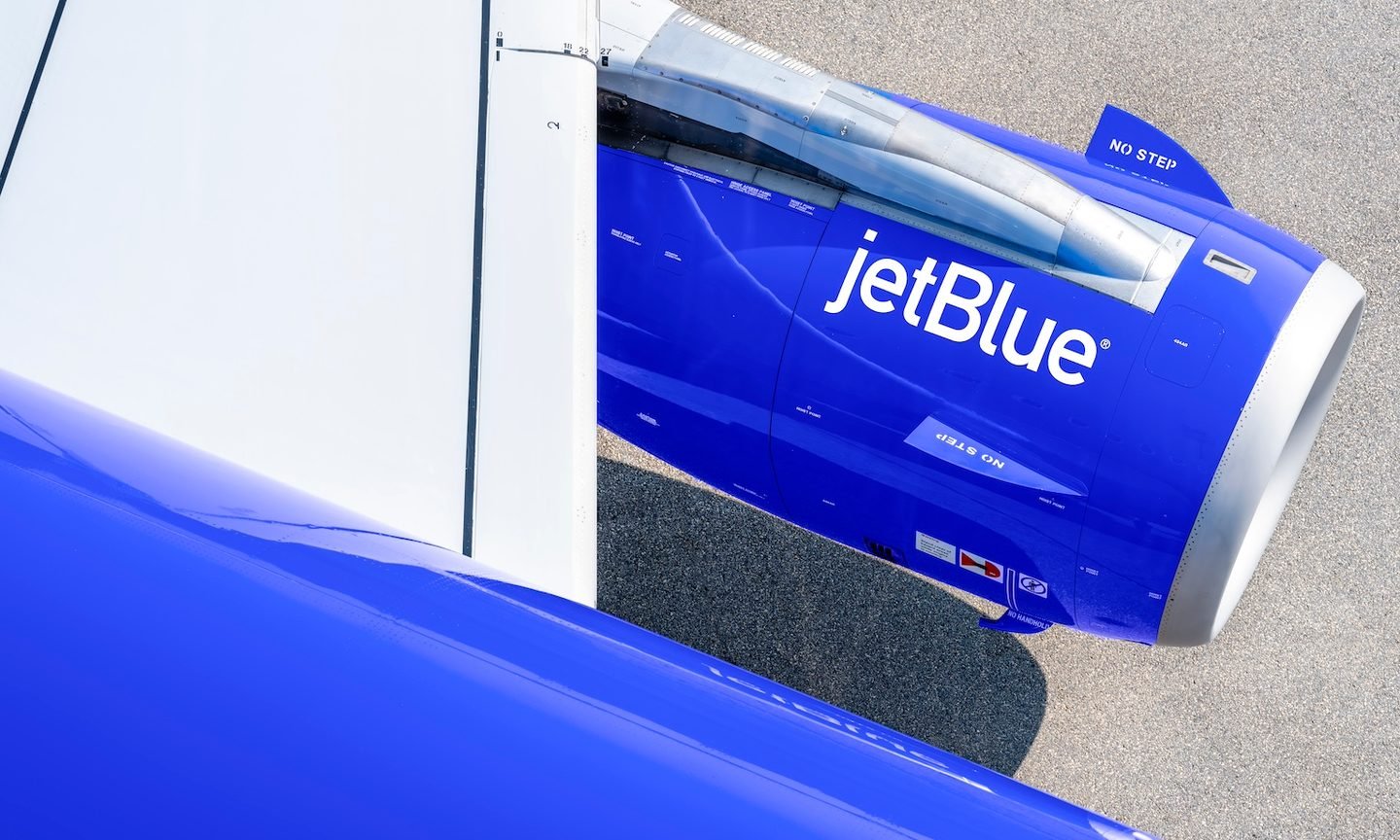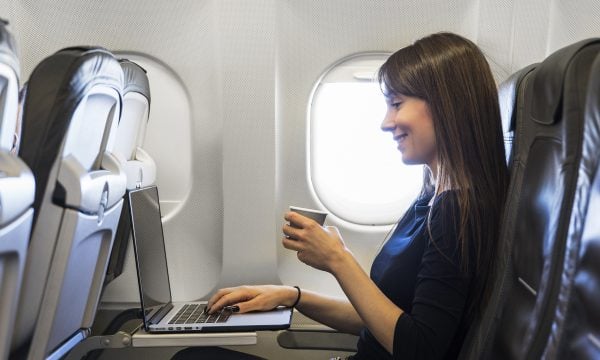JetBlue-Spirit Airlines Merger Called Off
Were the merger successful, it would have significantly decreased competition in the airline industry.

Many or all of the products on this page are from partners who compensate us when you click to or take an action on their website, but this does not influence our evaluations or ratings. Our opinions are our own.
JetBlue Airways announced its decision to abandon its $3.8 billion merger with Spirit Airlines this week following an antitrust lawsuit. JetBlue will pay $69 million to Spirit to end the deal.
This announcement comes after a federal judge in Massachusetts blocked the acquisition for violating antitrust law in January. The airlines swiftly appealed the decision, and the hearing was scheduled for July. Both airlines cited the legal and regulatory difficulties as the merger’s July 24 deadline approached.
“After discussing our options with our advisors and JetBlue, we concluded that current regulatory obstacles will not permit us to close this transaction in a timely fashion under the merger agreement,” Spirit president and CEO Ted Christie said in a statement.
JetBlue published its own statement.
“Given the hurdles to closing that remain, we decided together that both airlines’ interests are better served by moving forward independently,” said JetBlue CEO Joanna Geraghty.
The merging of small U.S. airlines
Spirit Airlines is an ultra low-cost carrier in the U.S., operating 500 flights per day to 90 destinations across the country and the Caribbean, Mexico, and Central and South America. JetBlue, on the other hand, is considered a low-cost carrier, operating 1,000 flights per day to over 100 destinations. It operates in 26 countries across the same regions as Spirit, as well as the U.K. and Europe.
The two airlines announced the proposed merger in July 2022, but the U.S. Department of Justice (DOJ) sued in March 2023. The DOJ alleged that JetBlue acquiring Spirit would lead to limited choice and higher fares on competitive routes. Meanwhile, the airlines argued the merger would allow them to better compete with bigger full-service carriers.
Notably, JetBlue and American Airlines also ended their Northeast Alliance partnership in 2023 following a legal challenge from the DOJ alleging anticompetitive conduct.
What this means for travelers
More competition in the airline industry helps keep fares lower for all travelers, not just budget travelers. The U.S. airline market is already concentrated among four major airlines: American, Delta, Southwest and United.
The "Big 4" control more than 80% of the industry. Had this merger gone through, JetBlue would’ve become the fifth-largest carrier in the country, potentially resulting in fewer routes and higher fares, according to the original DOJ filing.
“We know that the biggest threat to cheap flights is decreased competition, which the DOJ acknowledged in its ruling against the merger. Even if consumers don't fly on low-cost carriers like Spirit, they help to keep fares lower by putting pressure on the legacy carriers," Katy Nastro, a spokesperson at travel deals site, Going.com, said via email.
(Top photo courtesy of JetBlue Airways)
How to maximize your rewards
You want a travel credit card that prioritizes what’s important to you. Here are some of the best travel credit cards of 2026:
- Flexibility, point transfers and a large bonus: Chase Sapphire Preferred® Card
- No annual fee: Wells Fargo Autograph® Card
- Flat-rate travel rewards: Capital One Venture Rewards Credit Card
- Bonus travel rewards and high-end perks: Chase Sapphire Reserve®
- Luxury perks: American Express Platinum Card®
- Business travelers: Ink Business Preferred® Credit Card
Article sources
NerdWallet writers are subject matter authorities who use primary,
trustworthy sources to inform their work, including peer-reviewed
studies, government websites, academic research and interviews with
industry experts. All content is fact-checked for accuracy, timeliness
and relevance. You can learn more about NerdWallet's high
standards for journalism by reading our
editorial guidelines.
Limited Time Only: Earn $1,000 Toward Travel!
Capital One Venture Rewards Credit Card 
Travel

For a limited time, the
Capital One Venture Rewards Credit Card is offering new cardholders an especially rich bonus: Enjoy $250 to use on Capital One Travel in your first cardholder year, plus earn 75,000 bonus miles once you spend $4,000 on purchases within the first 3 months from account opening - that’s equal to $1,000 in travel!
More like this
Related articles









